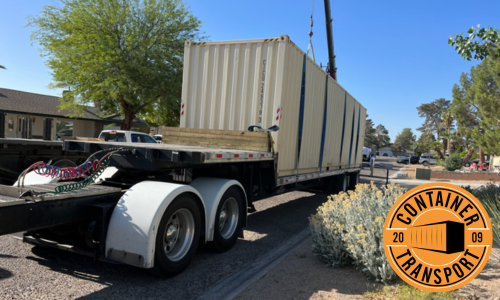Cross Docking Definition:
Cross docking is a logistics system in which shipments from inbound transportation modes are loaded directly onto outbound vehicles and transported to their destination. It is commonly used in container shipping to help reduce the cost of storage space.
Cross-docking is a shipping strategy used by container shipping companies to achieve a competitive advantage and reduce storage costs. If implemented efficiently, cross-docking improves cargo handling times and efficiency. Shipments or freight from a supplier or manufacturer are distributed directly to a retail chain with minimal to no storage or handling time. The process happens in distribution docking ports or terminals.
